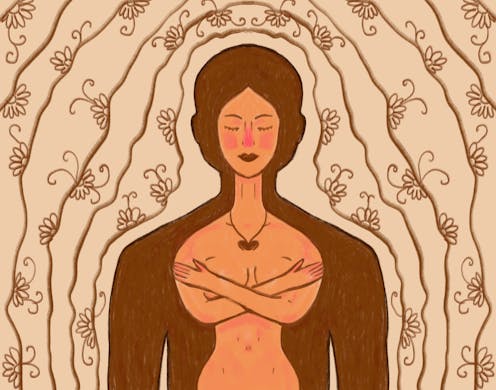Queer identity, lust and grief in Lauren John Joseph’s debut novel
- Written by Roz Bellamy, PhD Candidate, La Trobe University

Lauren John Joseph[1] (who uses they/them pronouns) has been producing art works in multiple genres for almost two decades. Their debut novel, At Certain Points We Touch[2], is receiving well-deserved attention and accolades.
At a time when transgender identities are debated as an issue with “two sides” in newspapers, as though some people’s very existence is questionable, it is refreshing to read a trans story where gender is not the main plot point. The novel explores themes of love, betrayal and grief through a queer love story, which may be better described as a tragedy.
Review: At Certain Points We Touch – Lauren John Joseph (Bloomsbury).
Read more https://theconversation.com/queer-identity-lust-and-grief-in-lauren-john-josephs-debut-novel-179455

















